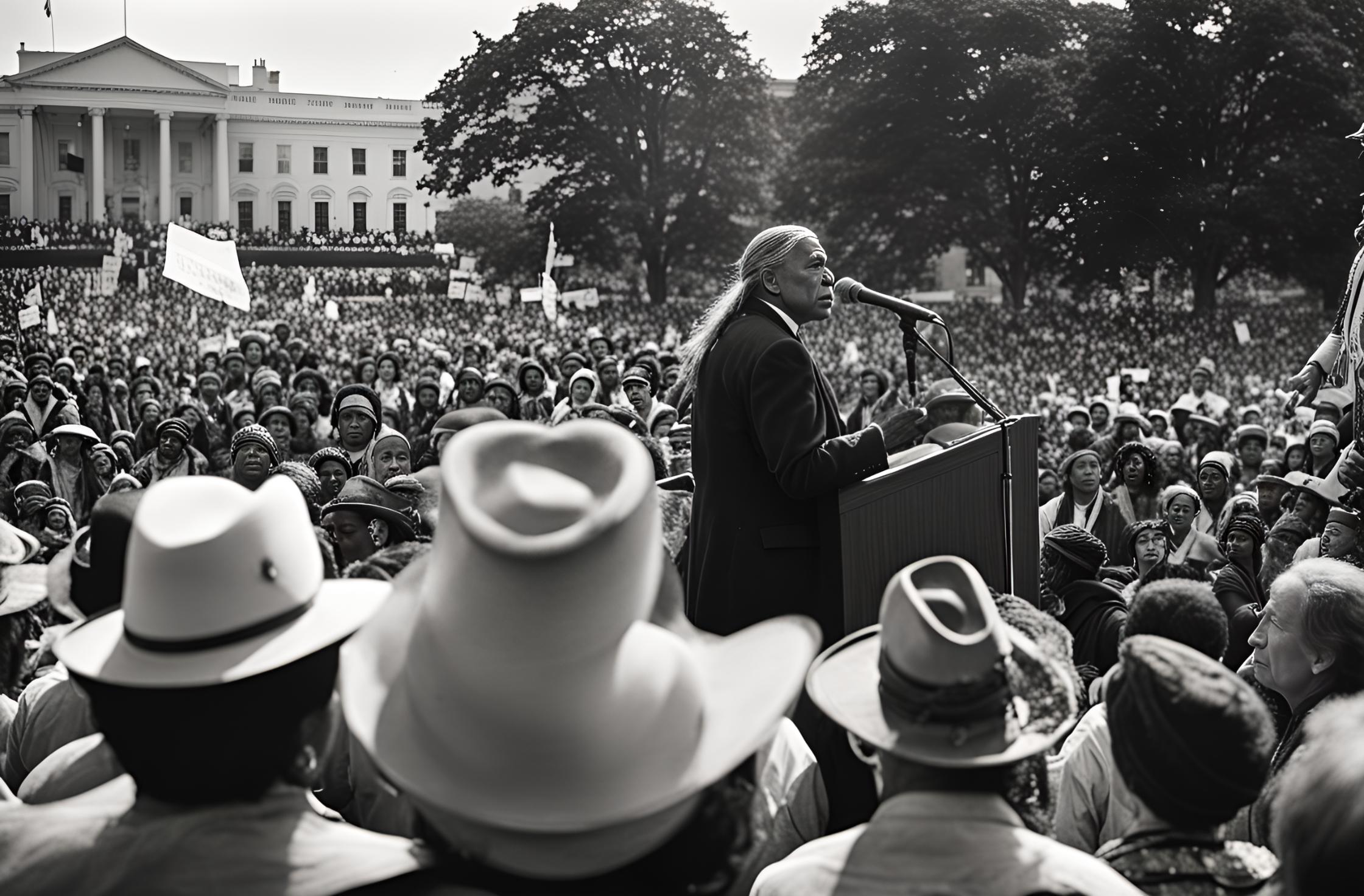
In a world without smartphones, the rhythm of life beat to a different drum. The year was 2023, and the streets buzzed with a unique blend of nostalgia and innovation. People walked with their heads held high, eyes absorbing the vibrant tapestry of the world around them. Conversations were rich and unfiltered, and the art of letter writing had made a grand resurgence.
The first ripple in this alternate reality was felt in the realm of communication. Without the omnipresence of smartphones, the landscape of human interaction was transformed. People relied on landlines and public payphones, which had evolved into sleek, modern kiosks equipped with video calling capabilities. These kiosks dotted every corner, becoming social hubs where people gathered to catch up with loved ones, share news, and even conduct business. The absence of smartphones fostered a culture of patience and anticipation. Letters and postcards became cherished artifacts, and the postal service experienced a renaissance, with beautifully designed stamps and stationery becoming the norm.
In this world, social media was a different beast altogether. Without the constant access provided by smartphones, platforms like Facebook, Instagram, and Twitter had evolved into something more akin to digital town squares. People accessed these networks from home or work computers, dedicating specific times of the day to engage with their online communities. The pace was slower, the content more deliberate. Influencers were replaced by community leaders who curated thoughtful discussions and shared meaningful content. The pressure to constantly document and share every moment of life was lifted, allowing people to fully immerse themselves in their experiences.

The second wave of change washed over the realm of entertainment and information. Without smartphones, the way people consumed media was fundamentally altered. Television and radio regained their prominence, with families gathering around the TV for nightly news and weekly shows. Streaming services existed, but they were accessed through smart TVs and computers, turning binge-watching into a more communal activity. Movie theaters experienced a golden age, with people flocking to the cinema for the latest releases, making it a social event rather than a solitary pastime.
Books and newspapers saw a resurgence as well. E-readers became more popular, but the tactile pleasure of holding a physical book or newspaper was irreplaceable. Libraries and bookstores thrived, becoming cultural epicenters where people gathered for readings, discussions, and community events. The absence of smartphones also meant that people were more present in their daily lives, leading to a boom in live performances, concerts, and theater. Artists and performers found new ways to connect with their audiences, creating immersive experiences that captivated and inspired.
The final and perhaps most profound transformation occurred in the realm of personal well-being and mental health. Without the constant barrage of notifications, emails, and social media updates, people experienced a newfound sense of peace and clarity. The concept of “unplugging” was obsolete because people were naturally more disconnected from the digital world and more connected to the physical one.

Mindfulness and meditation practices became mainstream, with people dedicating time each day to reflect, relax, and recharge. The absence of smartphones also led to a significant reduction in anxiety and depression, as people were no longer subjected to the pressures of maintaining a perfect online persona. Relationships flourished as people spent more quality time together, engaging in meaningful conversations and shared activities.
The workplace was not immune to these changes either. Without the constant distraction of smartphones, productivity soared. People were more focused and efficient, leading to a healthier work-life balance. Remote work was facilitated through advanced computer systems and video conferencing technology, but the boundaries between work and personal life were more clearly defined.
In this world without smartphones, humanity rediscovered the beauty of simplicity and the joy of genuine connection. The pace of life was slower but richer. People were more present, more engaged, and more fulfilled. The absence of smartphones did not hinder progress; instead, it fostered a deeper appreciation for the world and each other. It was a world where technology served to enhance human experience, rather than dominate it, and where the essence of what it meant to be human was celebrated in all its forms.




